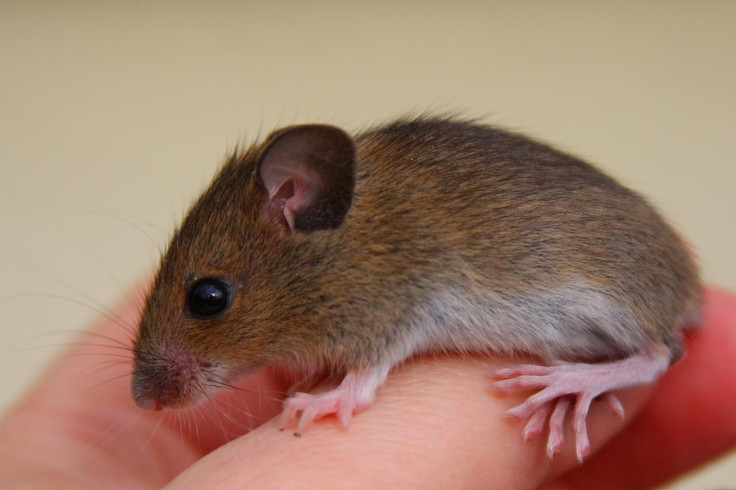World’s First Viable Mouse Sperm Could Reverse Mysterious Decline In Men's Fertility

For the first time, scientists have created viable mouse sperm in a laboratory and are confident the procedure could be repeated with humans. If successful, the feat could have big implications since human male fertility has slowly been declining for years.
According to a study, published in Cell Stem Cell, scientists from the Institute of Zoology at the Chinese Academy of Sciences created mouse sperm using embryonic stem cells taken from unborn mice. Although many have previously tried to create sperm cells, this study marks the first time they resulted in the birth of live healthy offspring, The Independent reported.
The team used embryonic stem cells for their research due to their ability to become any type of cell in the body. Once collected, the embryonic stem cells were exposed to testicular cells from newborn male mice, Time reported. Following this, researchers left the stem cells to grow in a chemical solution where they were treated with sex hormones, follicle stimulating hormones, and a growth hormone. After two weeks, the scientists injected the cells into the eggs of female mice. It was at this step that something really exciting happened; the females became pregnant. Nine mice pups were born in total, some of which went on to mate and have their own healthy offspring.
The lab-made sperm is not nearly as effective as natural mouse sperm. According to the study, the lab-created sperm only had a 3 percent success rate of leading to live births. This is comparable with a nine percent success rate in natural sperm. Still, the research is a large step forward on the road to man-made sperm for humans.
Man-made sperm has been a hot topic for scientists recently, and it's a good thing because human male fertility has been declining for years, The Independent reported. The worst part — no one's entirely sure why. Some suggest that lifestyle choices such as wearing tight underwear and smoking weed may play a role. Recent studies have even suggested that Bisphenol A, a chemical used in many plastics, from water bottles to the slippery surface on receipts, could also be linked to descending male fertility. The chemical mimics the hormone estrogen and even a short exposure to it following birth could affect the way a man produces sperm for the rest of his life, Newsweek reported.
According to The Independent, sperm counts have been declining in countries throughout the world for a nearly two decades. What’s more, it has been accompanied by an increase in rates of testicular cancer and male sexual disorders such as undescended testes. Overall, the news does not look entirely positive for male reproductive capabilities.
It will still take time and research before we know whether or not this new procedure can be reproduced in humans. “Our method fully complies with the gold standards recently proposed by a consensus panel of reproductive biologists, so we think that it holds tremendous promise for treating male infertility,” Dr. Jiahao Sha of Nanjing Medical University in China told The Independent.
Regardless of whether the same technique can be used on people, the research helps expand our understanding of how reproductive cells form and grow.
Source: Zhou Q, Wang M, Yuan Y. Complete Meiosis from Embryonic Stem Cell-Derived Germ Cells In Vitro. Cell Stem Cell . 2016



























